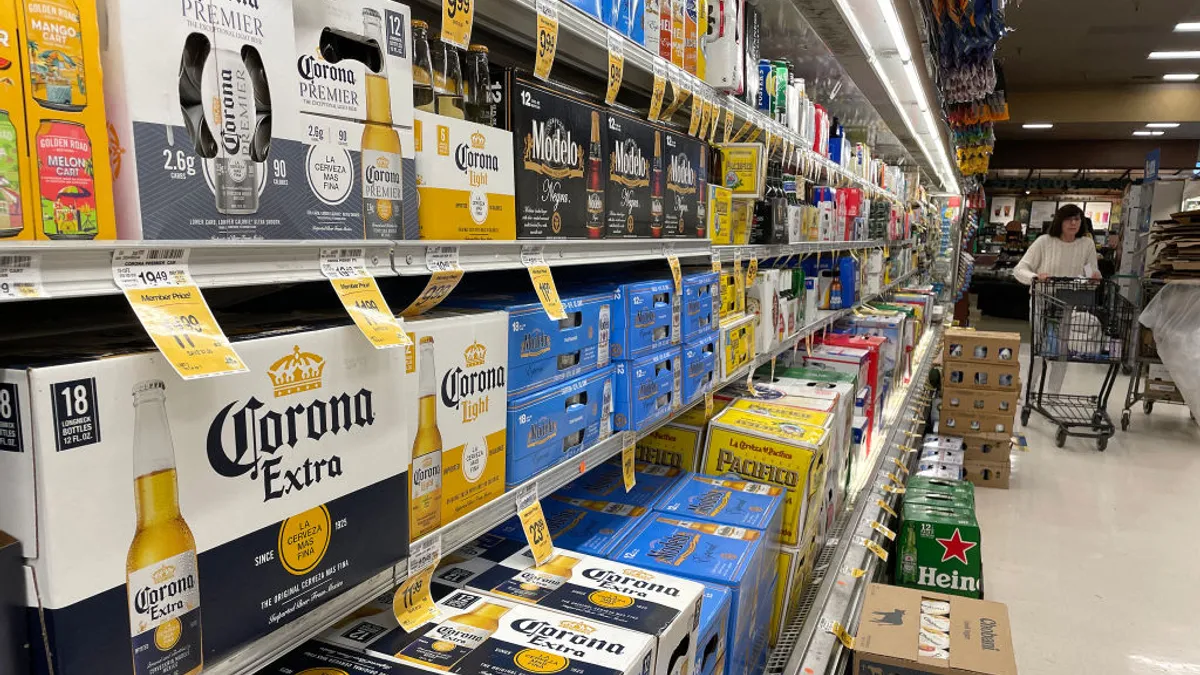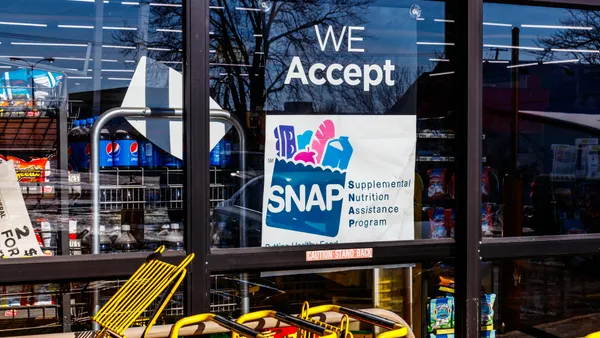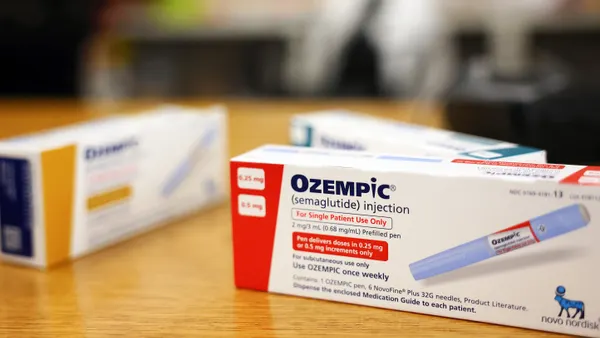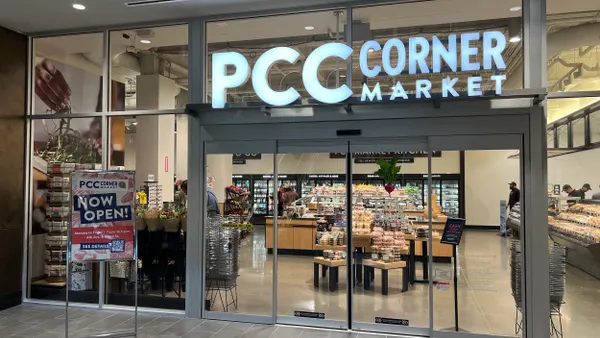Amid ongoing efforts to expand alcohol sales for grocers, Colorado has taken a step in the opposite direction.
Last week, Colorado Gov. Jared Polis signed into law legislation that prohibits the state from issuing any new liquor-licensed drugstore licenses — the permits grocers and big-box retailers need to sell alcohol. The legislation, which does allow licensing authorities to renew existing licenses, effectively prevents more grocery stores in the state from gaining permission to sell hard liquor.
Thirty-six liquor-licensed drugstore licenses are currently held by retailers in the state, the majority of which are “large grocery stores that have a pharmacy on the premises,” according to a nonpartisan state analysis issued in January. In 2022, Colorado voters approved a ballot initiative that allows licensed grocers and convenience stores that sell beer to also sell wine; the measure is not impacted by the newly signed law.
While supporters of the legislation Polis signed last week have said it would protect small liquor stores, opponents countered that it would limit consumer choice. Polis expressed reluctance to sign the bill, but said that “overwhelming support” from members of the state’s General Assembly and small business entities prompted him to approve it nevertheless.
“While it is undeniable that Colorado voters’ approval of wine in grocery stores drastically changed the landscape for liquor stores in Colorado, I do believe the market for any legal commodity should reflect consumer demand,” Polis said in a statement.
He continued: “I believe this legislation could take Colorado in the wrong direction and I would have preferred an approach that did not eliminate an entire liquor license type going forward, or limit consumer choice and market access.”
Grocers have seen lawmakers in recent years across the country push to expand alcohol sales. Earlier this year, Utah, as part of annual revisions to its liquor bill, started allowing grocery stores in the state to sell beer at drive-through windows and designated drive-up loading areas or parking stalls.
A coalition of grocers in New York are currently advocating for bills in the state’s current legislative session that would expand alcohol sales, including by allowing wine in supermarket aisles, the Times Union reported. Meanwhile, Texas lawmakers this year introduced legislation that would permit the sale of spirits-based ready-to-drink cocktails at grocery and convenience stores, KHOU 11 reported.
Some efforts, though, have repeatedly fallen short. A bill in Maryland to allow beer and wine sales in grocery stores failed to gain support among lawmakers, Maryland Matters reported, even as Gov. Wes Moore has said he supports doing away with the state’s ban on alcohol sales in grocery stores. Maryland is one of a handful of states where grocers are prohibited from selling beer and wine, and lawmakers in the state have been trying for years to undo strict alcohol restrictions.
Changes to states’ alcohol laws have long pitted grocers against liquor stores. A report from FMI — The Food Industry Association last year refuted longstanding claims that supermarket competition hurts dedicated liquor outlets.












